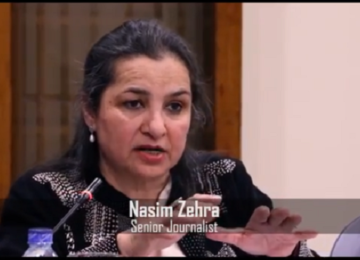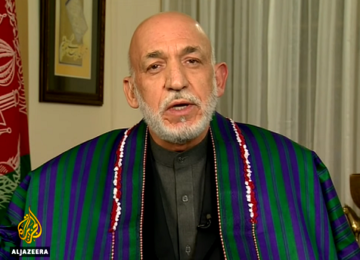The US has strongly reacted to OPEC’s recent, unprecedented decision to cut its oil production by 2 million barrels a day, effective November, thereby increasing the price of oil in the market. The Biden Administration says that the decision will have consequences. However, Saudi Arabia claims that the measure to reduce oil production was undertaken to avoid global recession and was not motivated by politics.
The OPEC cartel recently made the unexpected decision of cutting its oil production by 2 million barrels a day, effective November, thereby increasing the price of oil in the market. Amongst its 13 members, Saudi Arabia and Russia are the leading exporters, and any decision regarding cuts or rise in production is influenced by them.
This decision did not go down well with the US, as it believes Saudi Arabia is supporting Russia in its invasion of Ukraine. They argue that higher global oil prices would boost revenue and profit, financing their war machine. This move by the Saudis comes at a crucial time for the Biden Administration as it gears up for midterm elections next month, therefore, any increase in gasoline prices could affect the campaign.
Furthermore, the Biden Administration has also reacted furiously to the decision because it views Saudi’s move to cut in production as a snub to the US, especially after President Biden reluctantly travelled to Saudi Arabia in July, with assurances by the Saudis to calm the market and stabilize prices. However, it did not work out as planned and has resulted in an uproar within US circles with chants of “Saudi Betrayal”.
Senior Democrats in the US have called for retaliatory measures and a thinning of ties with Saudi Arabia, a key ally of the US in the region. Three Democratic representatives also promised a bill to remove US troops and missile systems from the region, calling the OPEC+ production cut a “turning point in our relationship” with Gulf partners.
The president is disappointed by the OPEC decision and is going to be willing to work with Congress as we think about what the right relationship with Saudi Arabia needs to be going forward,’ stated US National Security Council spokesman, John Kirby.
President Biden has also expressed this sentiment by stating earlier in an interview with CNN that “There’s going to be some consequences for what they’ve done with Russia.” This is not a small threat and one that will anger Saudi Arabia.
However, the Saudis claim that the decision to reduce oil production was undertaken to avoid global recession and has nothing to do with the ongoing Ukraine War. The action, according to the energy minister of the United Arab Emirates, was not motivated by politics. “I would like to clarify that the latest OPEC+ decision, which was unanimously approved, was a purely technical decision, with NO political intentions whatsoever,” tweeted UAE’s energy minister Suhail Mohamed AlMazrouei.
To escalate matters further, in reaction to Biden’s warning statement, UAE Prince Crown Prince Mohammed bin Salman’s cousin issued a violent threat against those who ‘challenge’ Saudi Arabia. He stated in a video ‘anybody who challenges the existence of this kingdom, we are all projects of jihad and martyrdom. Anybody that thinks they can threaten us, should stop.’
It seems likely that this rift will affect relations between Saudi Arabia and the US, once considered rock solid by analysts. But in a clear sign of defiance, Crown Prince Mohammad bin Salman, the de-facto ruler of Saudi Arabia, will not show diktat from the US or their national interests. While Saudi Arabia is exuding new confidence and preserving its interests and that of the region, the US has painfully learned that those who run OPEC call the shots, and any attempts to influence their decision-making will not succeed.
By Zehra Zaidi








